detail profile dorel vi c8 99an
Peran Yang Di Mainkan Dorel Vișan
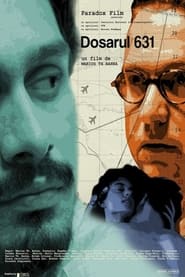 Inspired by a true story the...
Inspired by a true story the...File 631 2022
Inspired by a true story, the film presents a TV reporter's journalistic investigation into alleged American "flying prisons" in Romania. Through a combination of circumstances, following a mysterious File 631, Dinu (Iosif Paștina) discovers a leak from a NATO base in Romania. The news event stirs, provokes, tempts various media, top politicians, services, both internal and external, causing both hilarious and absurd dramas in a black comedy. The journalistic endeavour of the "newly" turned investigative reporter is a tough, not easy, test to preserve his professional dignity, but also his character, noting the duplicity, the moral volatility, the lack of measure of a world that relentlessly continues its course.
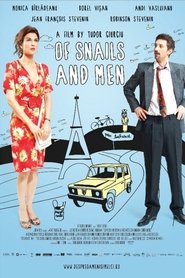 One worker in a bankrupt factory...
One worker in a bankrupt factory...Of Snails and Men 2012
One worker in a bankrupt factory finds an unusual solution to save his co-workers from unemployment. If it doesn't work the factory will be privatized and sold to a French company planning to convert the plant into a snail cannery. Only 300 of the 3000 workers will keep their jobs.
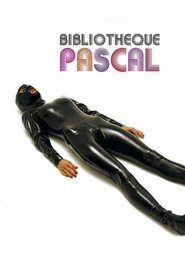 A single mothers struggle to support...
A single mothers struggle to support...Bibliothèque Pascal 2010
A single mother's struggle to support her child leads her into the surreal netherworld of illegal sexual enterprises, with her finally ending up in the Bibliothèque Pascal; an elegant but bizarre house of prostitution in which men can re-enact sexual scenarios inspired by great works of literature for a hefty fee.
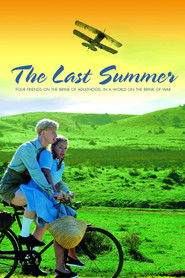 A moving coming of age story...
A moving coming of age story...The Beheaded Rooster 2007
A moving coming of age story in a time of extreme change: on August 23, 1944 in a small city in Romanian Transylvania, the 16 year old Felix Goldschmidt awaits his classmates for their traditional Exitus Party (school graduation). However, this very day the kingdom of Romania takes leave of its ally of many years - Nazi Germany - thus ending the 800 year old, highly successful story of ethnic German immigration at the feet of the Carpathian Mountains. It is a great story of young people's blindness to the rise of Fascism, the destruction of bourgeois values, a first love and shattered friendships.
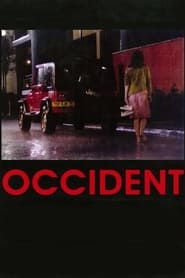 Occident is a bitter comedy about...
Occident is a bitter comedy about...Occident 2002
"Occident" is a bitter comedy about the people who want to emigrate from Romania, and about those who stay behind. The movie has a rich, interesting structure: there are three different stories - a weeklong in the film - that cross, interconnect and happen in the same period. The characters influence each others lives, sometimes even without knowing. Main characters from one story become secondary characters in another story. At the same time, scenes from the first part of the movie bring unexpected facts when seen the second or the third time. The stories do not have just one ending: the first story ends in each of the third parts in a different point, suggesting radically different solutions for the characters. The way in which the director fits time and links events together often produces thematically unexpected results.
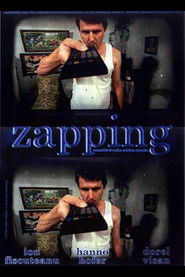 In a shabby apartment somewhere in...
In a shabby apartment somewhere in...Zapping 2000
In a shabby apartment somewhere in Romania, a man obsessively zap between his TV channels despite the wife's complaints and nagging. But where his wife fails, a little man inside the TV will appear and tell Sotul a thing or two about the true mechanics of television zapping...
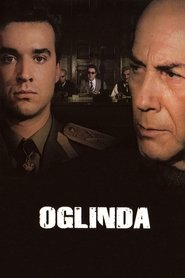 Depicts Romania during World War II...
Depicts Romania during World War II...Mirror 1994
Depicts Romania during World War II, focusing on the Royal Coup that toppled Ion Antonescu, the Axis-allied Conducător and authoritarian Prime Minister. Focused around the August 23rd 1944 coup against Marshal Antonescu, the movie also tackles other topics from the same era such as the Iron Guard rebellion and the execution of political leaders by communists.
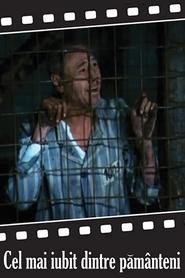 The lifestory confession of a prisoner...
The lifestory confession of a prisoner...The Earth's Most Beloved Son 1993
The life-story confession of a prisoner waiting for his trial. Victor Petrini, a promising intellectual in the 1950s and a lecturer in Philosophy is arrested by the repressive secret police, wrongly accused of espionage, and sentenced to prison and forced labor.
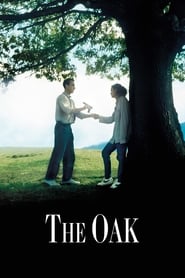 A description of Romania before Ceausescus...
A description of Romania before Ceausescus...The Oak 1992
A description of Romania before Ceausescu's downfall, through the story of Nela. Daughter of a former colonel of the Securitate, the romanian political police. She refused to become like her sister, an agent of this Securitate, and lives with her father. After he died, she leaves Bucharest, and ends up in a little town, where she meets Mitica, a surgeon, another herself, laughing at everything.
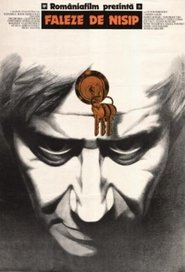 The plot confronts an influential surgeon...
The plot confronts an influential surgeon...Sand Cliffs 1983
The plot confronts an influential surgeon and a carpenter accused to have stolen the doctor's personal belongings from the beach. The neurotic doctor involves himself in the inquiry, ultimately directing the interrogation. The burglary victim, Theodor Hristea, a surgeon at the peak of his career and social life, self-confident and well connected, his girlfriend, Cristina and their common friend, Stefan - find themselves on holiday near the summer resort of Mamaia. The doctor has a detective passion and accuses – just on account of a physical resemblance with the real thief - a young carpenter who happens to come at the same beach the day following the burglary. The police is summoned and The Kid is sent to trial. The doctor plays an active part in the investigation. Although the doctor's girlfriend and his friend doubt the identity of the accused, the surgeon insists in being right and succeeds in sending the innocent young man to prison.
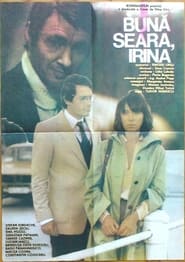 Irina is married with a sea...
Irina is married with a sea...Good Evening, Irina 1980
Irina is married with a sea captain, that is away for the better part of the year. She is missing his company, so she is vulnerable to the advances of another man.
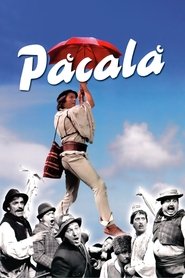 Pacala is an important hero in...
Pacala is an important hero in...Păcală 1974
Pacala is an important hero in Romanian popular tradition. He is always making fun of everything wrong with the human behaviour such as stupidity, greed or vanity. His attitude and actions always bring damages to the mean, evil and materialistic people. So beside the jokes, the movie has this philosophical layer, undoubtedly because Pacala's independent way of being, free spirit and his love for the nature creates a way of seeing life, bringing joy. Filmed in a very beautiful part of Romania in 1974, the movie had an important success at that time and it is considered one of the most loved movies in Romania ever. Like the hero, found in many stories and jokes, the movie forwards the spirit of true freedom and pure link with the nature, forgetting about times and governments.
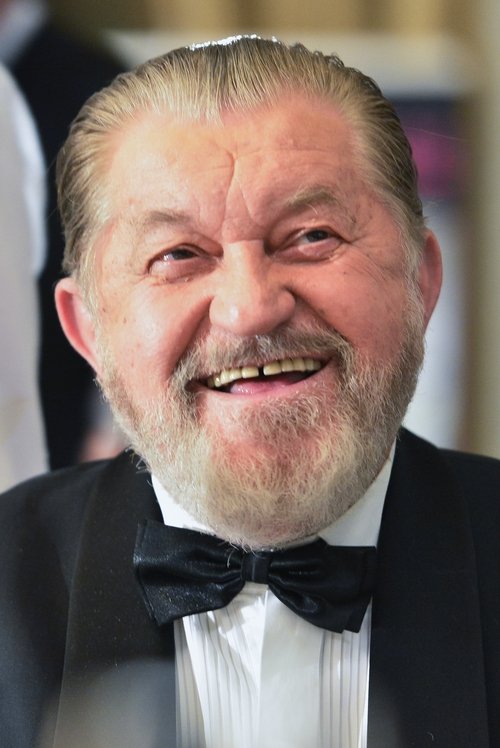
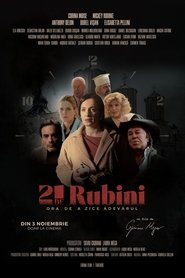 When a political turmoil brings a...
When a political turmoil brings a...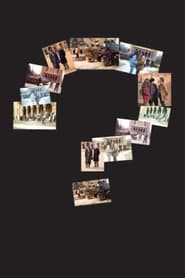 A perspective on the Romanian revolution...
A perspective on the Romanian revolution...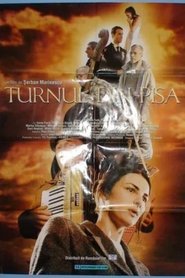 Story of a typical Romanian couple...
Story of a typical Romanian couple...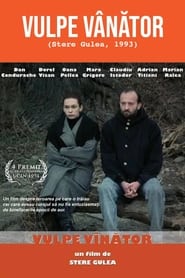 Set in the period prior to...
Set in the period prior to...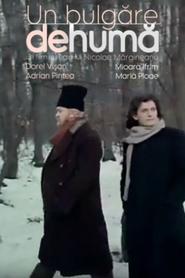 A movie about the friendship between...
A movie about the friendship between...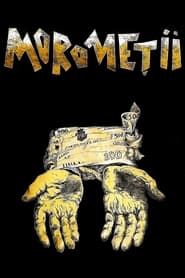 Story of a family Problems marriage...
Story of a family Problems marriage...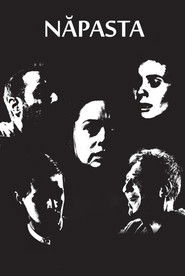 This is a film about love...
This is a film about love...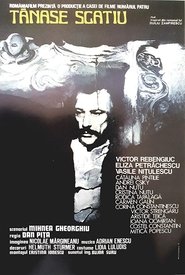 The rise and fall of the...
The rise and fall of the...